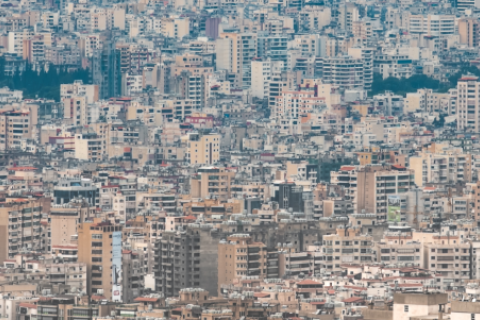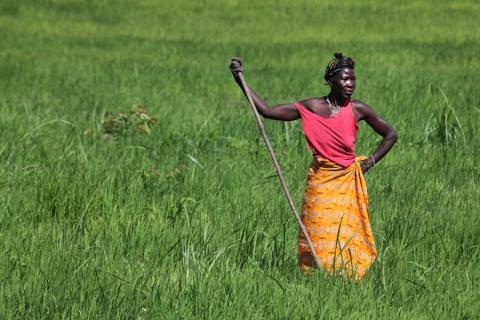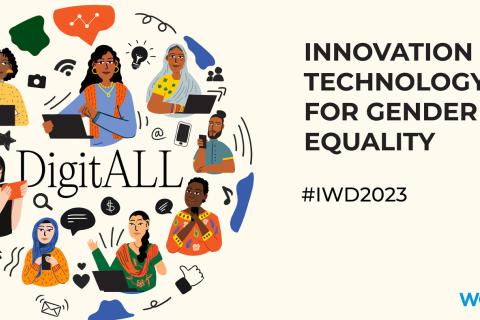Challenges and Opportunities in Monitoring Land Data for the Sustainable Development Goals
Land is a finite resource, and access to it is essential for the livelihoods of individuals and communities. To ensure that access to land is secure and equitable for all, the United Nations has set the Sustainable Development Goal (SDG) 1.4.2, which measures individuals' land tenure security, and SDG 5.a.1, which measures tenure security over agricultural land from a gender perspective.




